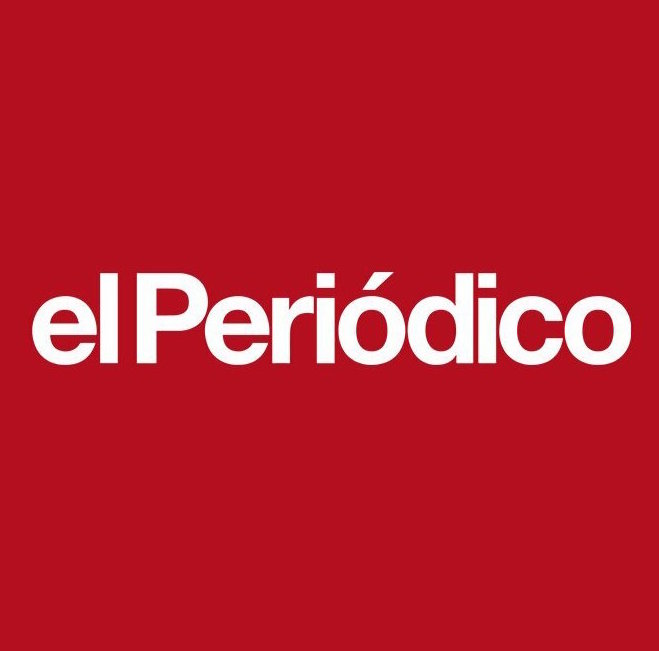Nina Kavaliova: “Barcelona has a clear commitment to innovation»

Nina Kavaliova, 37,was born in Belarus and lived in Seoul, Palma de Mallorca, Ibiza and Santa Cruz de Tenerife before moving to Barcelona four years ago. She is the manager of the Westfield Glòries shopping center, which is owned by the Unibail-Rodamco-Westfield group, one of the world’s leading developers and operators of shopping destinations. The group owns more than 87 shopping centers on 2 continents. Nina is also president of the 22@Network mobility committee.
Why did you choose Barcelona?
I fell in love with Barcelona when I visited for the first time at the age of 17. I decided there and then that one day I would live here… And here I am now!
What do you like most about the city?
Its architecture, its art, its cosmopolitan spirit, its climate, and its atmosphere. I love walking around the city and being able to enjoy the magnificent works by Gaudí. It’s also great to be so close to the sea so I can go sailing, one of my great passions.
What’s more, it is located less than two hours away from the best beaches and mountains so you can get away from it all at the weekend. For me, Barcelona has it all.
What needs to be improved? How?
Mobility certainly needs to be reconsidered. There have been a number of problems in recent years and but we need to realize that for a city as lively as Barcelona it is necessary for citizens to be able to move freely. Mobility in the city needs to be more accessible and we must seek a balance between sustainability and the real needs of a capital such as Barcelona.
We also need to rethink the kind of tourism we want in Barcelona: it has great potential for high value-added tourism, which can generate skilled jobs.
What does Barcelona need to do to get through the Covid-19 crisis?
Barcelona attracts talent and quality tourism and has made a firm commitment to innovation.
We should start by looking at the 22@ technology district, a clear example of how a space can be transformed into a knowledge hub with high added value. This area already attracts more than half of the city’s office investment. And when a multinational company needs to attract talent, being in Barcelona gives it a great advantage.
Another aspect that fascinates me is Catalan industry. Promoting industry should be a priority, with the aim of generating a sustainable industrial model that fosters innovation and creates quality employment.
What challenges do you think the city will face once the health emergency has subsided?
Generating a climate of stability and confidence is essential for attracting investment. With current inflation and the scarcity of raw materials, encouraging local production should be a priority, so industrial development on the outskirts of Barcelona could play a fundamental role. This is a critical time and decisions that are taken now are exceptionally important as major changes are just around the corner.
What do you expect from the Barcelona of the coming years?
We need to become an international benchmark in business, industry and tourism. We have an extraordinary climate and location, which makes it easier to attract talent than northern European capitals.
I believe that if we generate a more secure and stable environment by reducing bureaucracy and taxation for foreigners, it would make it much easier to attract investors and entrepreneurs.
Which city do you consider to be home? What do you miss the most?
Barcelona is definitely home! That’s why I would love it to strengthen its position as an international benchmark.
If you want to know the latest English news about Barcelona and the people who bring it to life, sign up to our Blog.








